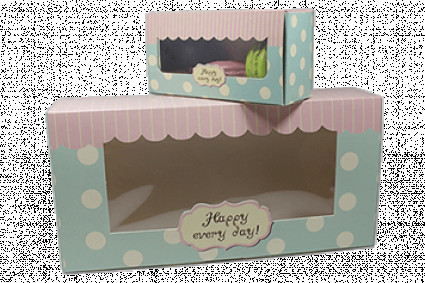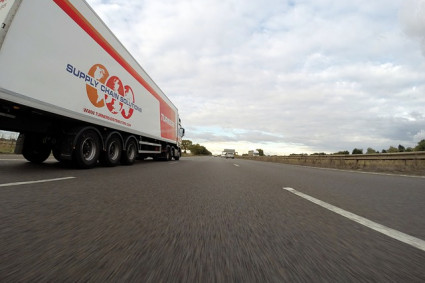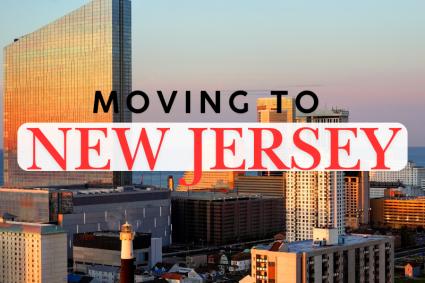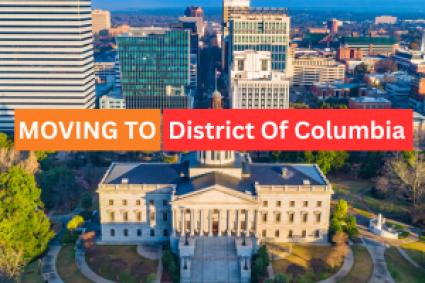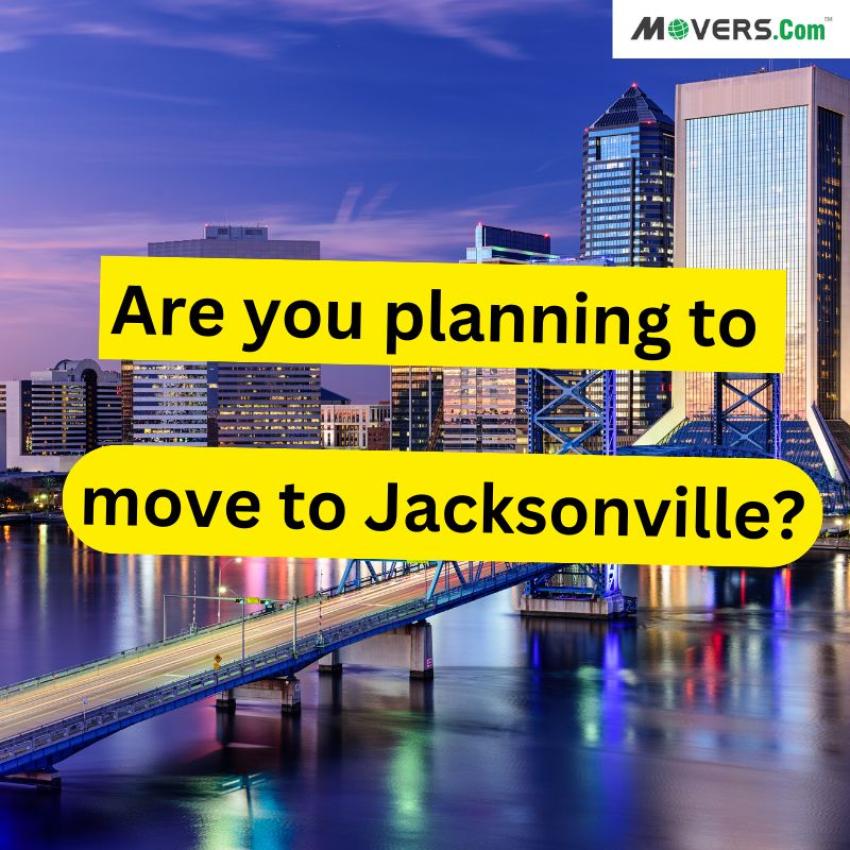
Whether you’re chasing a new job, a better lifestyle, or just itching for a change of scenery, here’s a no-nonsense look at what it’s really like to move to Jacksonville.
Pros & Cons of Living in Jacksonville
Pros
1. Your Dollar Goes Further
Let’s be honest—Florida can be pricey. But Jacksonville? It’s one of the most affordable big cities in the state. From groceries to rent to grabbing a beer, things just cost a little less here compared to places like Miami or Tampa.
2. You Keep More of Your Paycheck
Florida doesn’t tax your income—and that includes Jacksonville. That means more money in your pocket, whether you're earning a salary, freelancing, or drawing a pension.
3. Outdoor Lovers, Rejoice
This place is packed with nature. We’re talking miles of beach, tons of parks, and rivers everywhere. You can surf, paddleboard, fish, hike, or just chill in the sun without leaving the city.
4. Jobs Are Out There
Jacksonville has a solid job market. Big names like CSX, Fidelity, and Mayo Clinic are here, plus a strong presence in banking, healthcare, education, and the military. It’s also friendly for remote workers.
5. There's a Neighborhood for Everyone
Whether you want ocean views, hip city vibes, or quiet suburban streets, Jacksonville has you covered. And it’s growing fast—so there are plenty of options for renters and buyers alike.
Cons
1. You’ll Probably Need a Car
Jax is huge. It’s the biggest city by land area in the lower 48, and everything is spread out. Public transportation exists, but it’s not super convenient. If you want to get around easily, you’ll need your own wheels.
2. Summer = Humid + Stormy
Summers here can be a sweaty experience. High temps and humidity are the norm, and hurricane season (June through November) brings the occasional storm threat.
3. It’s Not Miami—And That’s OK
If you’re looking for wild nightlife or a constant buzz, Jax might feel a bit chill. But that’s part of its charm—it’s more relaxed and down-to-earth.
4. School Quality Depends on the Area
If you’ve got kids, you’ll want to dig into the local school ratings. Some neighborhoods have great options; others, not so much.
5. Some Traffic & Growing Pains
The city’s growing fast, which means infrastructure is still catching up. Certain roads get clogged, and some areas could use a facelift. It’s a work in progress.
Buying & Renting in Jacksonville
Buying a Home
Thinking of putting down roots? Jacksonville is still one of Florida’s best values for homebuyers.
Here’s a ballpark idea of what you’ll pay:
- Median Home Price (2025): Around $310,000
- Beach Homes: $500K+ in spots like Jacksonville Beach or Atlantic Beach
- Historic or Downtown Homes: $350K–$600K in places like Riverside or Avondale
- Suburbs: $250K–$400K in Mandarin, Southside, or Orange Park
New communities are popping up too—Nocatee and Durbin Crossing are popular if you’re into that master-planned, family-friendly lifestyle.
Renting in Jax
Not ready to buy? Renting is a breeze, and prices are pretty manageable:
- 1-bedroom in the city: $1,300–$1,800/month
- 2-bedroom near the beach or suburbs: $1,600–$2,200/month
- Luxury or new builds: $2,300 and up
Locals love areas like San Marco, Baymeadows, and Riverside for their mix of vibe and value.
Transportation in Jacksonville
Let’s keep it real—you’ll need a car. Jax is massive, and public transit doesn’t cover everything efficiently.
- Interstates I-95 & I-295 loop through the city.
- JTA Buses work for some local commutes, but it’s limited.
- Water taxis and ferries are fun but not practical for daily use.
- Jacksonville International Airport (JAX) is small but easy to use, with domestic and a few international flights.




